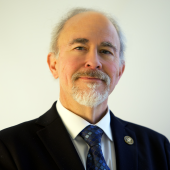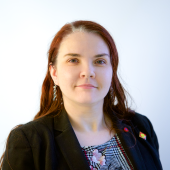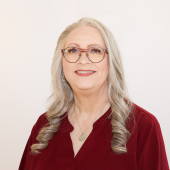
Getting Started in Family History Research
Want to learn more about your family history, but don’t know where to begin? Have you already started researching, but are feeling overwhelmed and need a “reset”? Whether you are new to genealogy or have been conducting research for years, this five-week online course will provide practical steps for effective and efficient research, helping you find the answers you’re looking for! In each class, our experts will discuss in-depth the next step in the family history research process. Along the way we will cover essential resources (online and onsite), crucial tools (research logs, family group sheets, tree programs, etc.), and strategies for staying organized and for making consistent progress in your research.
January 2 – Class 1: Identify What You Know, Melanie McComb
Whether you are starting your family history research from scratch or you’re working from inherited research, this first class will get you organized and recording your first pieces of genealogical information: names, relationships, dates and places of birth, marriage, and death. Senior Genealogist Melanie McComb will show you how to use standard forms, such as family charts and family group sheets. We’ll also provide guidance on how to interview family—and yourself!
January 9 – Class 2: Decide What You Want to Learn, David Allen Lambert
Now that you’ve organized what you know, it’s time to determine what you want to know. In this class, Chief Genealogist David Allen Lambert will walk you through the process of formulating questions and goals, demonstrate how to use a research log, and provide an overview of key records that family historians turn to answer their research questions. He’ll offer helpful tips to keep you on task and not overwhelmed.
January 16 – Class 3: Identify and locate your sources, David Allen Lambert
Options for finding genealogical information exist online, in libraries, court houses, churches, and your own home. David will discuss how to find the records you’re seeking and build out your research log, filling in repositories and a check list for you to begin your research.
January 23 – Class 4: Research!, Melanie McComb
It’s finally time to start researching! Using the research log you began in class 2 and 3, we’ll start to fill in your findings by systematically going through your to-do list. Melanie will discuss several online search strategies, tips for researching at repositories, and other best practices for gathering information, doing an exhaustive search, and staying focused.
January 30 – Class 5: Analyze, Rhonda R. McClure
It’s important to evaluate your findings, not just read them. Who provided the information for the record? Was the informant a participant in the event? How long after the event was the information provided? Is there conflicting information from multiple sources? What new questions occur? In this final class, Senior Genealogist Rhonda R. McClure will provide you with strategies and tools for analyzing your findings and discuss next steps in your genealogical journey.



